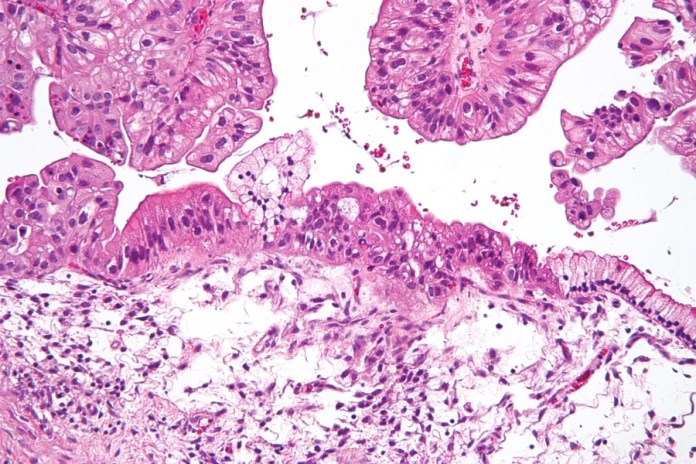Nucleai Ltd., a Tel Aviv-based startup, recently unveiled the close of its $5 million seed round. Israeli-based VC funds including Grove Ventures Capital and Vertex Ventures led the exercise.
The Round also included private investors such as Nir Kalkstein, the co-founder of Final and Medial Early Sign and Brian Cooper, the founder of Retalix. The startup has a reputation for developing software that utilizes machine learning and computer vision algorithms to identify signs of gastrointestinal diseases and cancer.
Emanuel Timor, Vertex’s general partner, expressed his excitement in the VC fund’s partnership with Nucleai’s experienced and outstanding team of entrepreneurs. He added that Vertex believed in the startup’s ability and vision to take advantage of the recent advances in artificial intelligence and ultimately become a digital pathology leader globally.
Currently, pathologists perform diagnoses for most diseases through examining cells and tissues that are drawn from the body during a biopsy in a bid to identify abnormalities. According to a statement by the company, Nucleai’s technology is made to reduce patients’ wait time for a diagnosis, reduce errors, and enhance the efficiency of a pathologist.
In an interview with Calcalist, Avi Veidman, the chief executive officer of Nucleai, asserted that the startup’s software coupled with its image recognition capabilities factors information gathered from patients’ genomics data and medical records.
MORE – Top 10 Ways Artificial Intelligence is Impacting Healthcare
He emphasized his point by adding that Nucleai already possesses a working prototype and is planning to release a pilot that will operate in labs and hospitals based in both Israel and the US in the next few months.
Nucleai was created in 2017 by three individuals who formerly worked for the Israeli Intelligence Corps’ technological unit that specializes in computer vision.
They include Avi Veidman, Lotan Chorev and Eliron Amir who presently serve the startup as the chief executive officer, VP of research and development and chief technology officer respectively. Although Nucleai currently has an employee team of eight persons, it looks forward to doubling the employee size in the upcoming months.
During his interview with Calcalist, Mr Avi Veidman attributed the idea to the inception of Nucleai to his father. In fact, he created the company after his father was made to wait for biopsy results for more than a month. As such, Veidman believes the use of artificial intelligence technology in pathology presents great potential for the field.
According to Veidman’s remarks, Nucleai recently presented the results of its artificial intelligence technology to several pathologists who gave enthusiastic responses. Similar to a pathologist’s work, which revolves around detecting patterns, Nucleai’s software is also designed to identify cell patterns from an image and then alert or inform the pathologist. By doing so, the software makes the work of pathologists more accurate and fast.
Aside from its artificial intelligence technology for pathologists, the company has come up with solutions for breast, prostate and gastrointestinal-related complications. In addition, Nucleai plans to utilize its finances to hire experienced researchers in machine learning in a bid to expedite development.
Source CalcalisTech




















